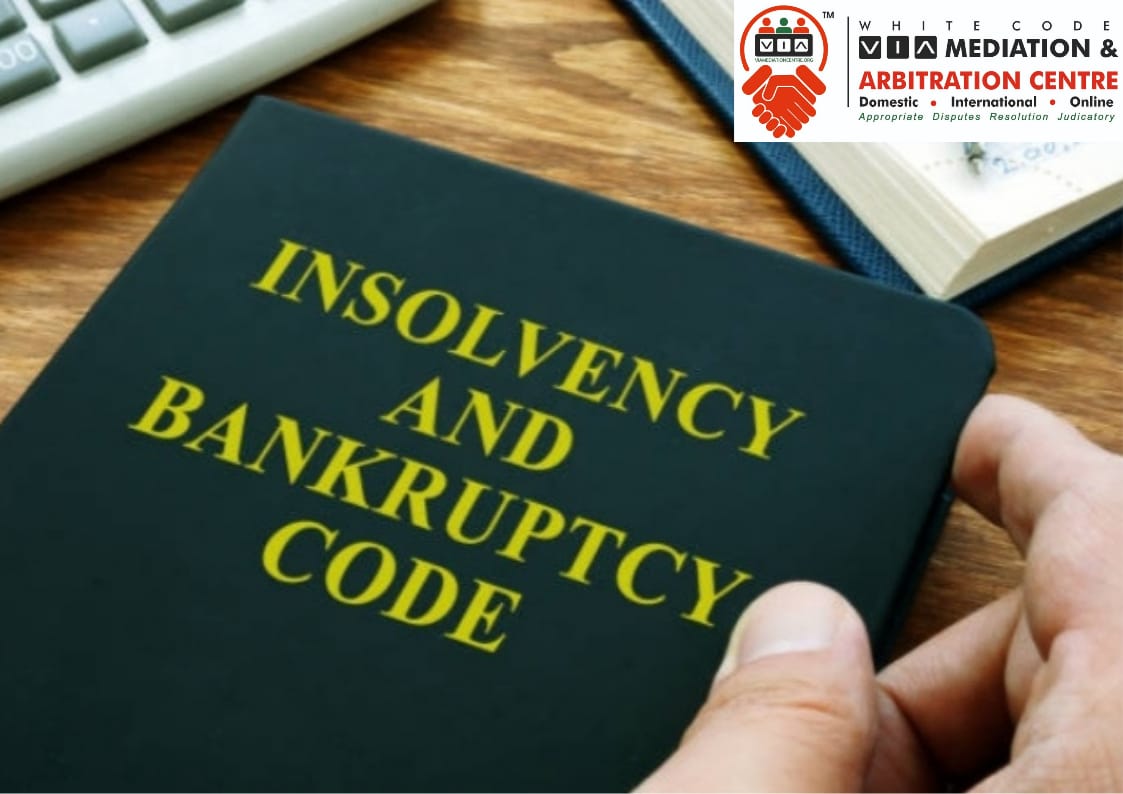Latest News
Hong Kong HC holds HKIAC award invalid as tribunals findings are inconsistent with previous award.

Introduction: In the case of W v AW[1], The Hong Kong High Court has declared an award rendered in HKIAC arbitration proceedings "manifestly invalid" because the tribunal's findings were inconsistent with an earlier award rendered in a separate arbitration involving the same parties and one of the same arbitrators.
Facts: The disputes were from two related agreements with the HKIAC arbitration clause. Two separate arbitrations involving the same parties and overlapping factual issues were launched, with one party selecting the same arbitrator for both tribunals. In March 2020, the first arbitration resulted in a decision. The second arbitration award came four months later, in July 2020. On the same allegation for misrepresentation, the two awards came to different findings.
As the winner of the first arbitration, W petitioned a Hong Kong court to set aside the second award, claiming that it was contrary to Hong Kong public policy. It was alleged, among other things, that the second tribunal had overlooked the first tribunal's judgments on similar matters and had instead reached contradictory conclusions, even though one of the arbitrators had been engaged in both instances. AW, for his part, requested leave to enforce the second award and order that W provide security for the amounts owing under it.
Decision and Analysis: The court noted that W's claim that the second award should be set aside was based on the principle of issue estoppel, which arises when a specific issue that is a necessary ingredient in a cause of action has already been decided, but that same issue is re-opened in subsequent proceedings between the same parties involving a different cause of action. The judge ruled that it was obvious the arbitrators in both sets of hearings having "made contradictory conclusions, on the same question of fact and law comprising a necessary component in the cause of action of misrepresentation,”. The similar problems about the claimed misrepresentation were essential to the reasoning of both arbitral tribunals, even though the two cases ultimately dealt with different causes of action originating from two different contracts. However, their findings were incongruent and could not be reconciled.
The Court further determined that W was entitled to expect the second tribunal to address the issue of issue estoppel after the first award was made. In this case, the fact that AW had selected the same arbitrator in both sets of proceedings was a critical difference. After seeing the reasoning used in the first arbitration, the arbitrator should have been aware of the potential for inconsistent decisions, to the point where "fairness and justice of the case required him to invite submissions from W and AW in Arbitration 2 as to the effect of Award 1 on the issues to be decided in Arbitration 2." Instead, the arbitrator made inconsistent findings in both arbitrations since he did not give a dissenting judgment in either instance, despite the tribunal's conclusions being inconsistent.
The Court further clarified that saying the two arbitrations were confidential was not a response. However, this did not prohibit AW's arbitrator from exposing the initial award to the other members of the second tribunal. Citing prior authorities, the judge remarked that “the lawful use of an earlier award in a subsequent arbitration between the same parties would not raise the mischief against which secrecy provisions are directed.
As a result, the Court determined that the inability to deal with and explain these discrepancies constituted "injustice and gross unfairness to W," which fell short of the arbitral procedure's fairness and due process requirements. As a result, the Court declared the second award to be "manifestly unlawful."
In conclusion, Several arbitral institutions, including the HKIAC, implemented consolidation and joinder procedures several years ago to prevent precisely this scenario, in which independent tribunals may reach contradictory conclusions on common factual problems. As a result, this case serves as a practical illustration of why parties to multi-party disputes should consider using consolidation clauses at the start of the dispute, or appointing familiar arbitrators across parallel processes, to reduce the possibility of contradictory outcomes.
Links Referred:
https://freehills169.rssing.com/chan-67856860/latest.php
[1] [2021] HKCFI 1707.
(This Article Does Not Intend To Hurt The Sentiments Of Any Individual Community, Sect, or Religion, Etcetera. This Article Is Based Purely On The Authors Personal Views And Opinions In The Exercise Of The Fundamental Right Guaranteed Under Article 19(1)(A) And Other Related Laws Being Force In India, For The Time Being. Further, despite all efforts made to ensure the accuracy and correctness of the information published, White Code VIA Mediation and Arbitration Centre Foundation shall not be responsible for any errors caused due to human error or otherwise.)
- Facts
- Decision and Analysis
- Conclusion


























































































































































































































































































































































































































































































































































































































































































































































































































































































































































































































































































































































































































































































































































































































































